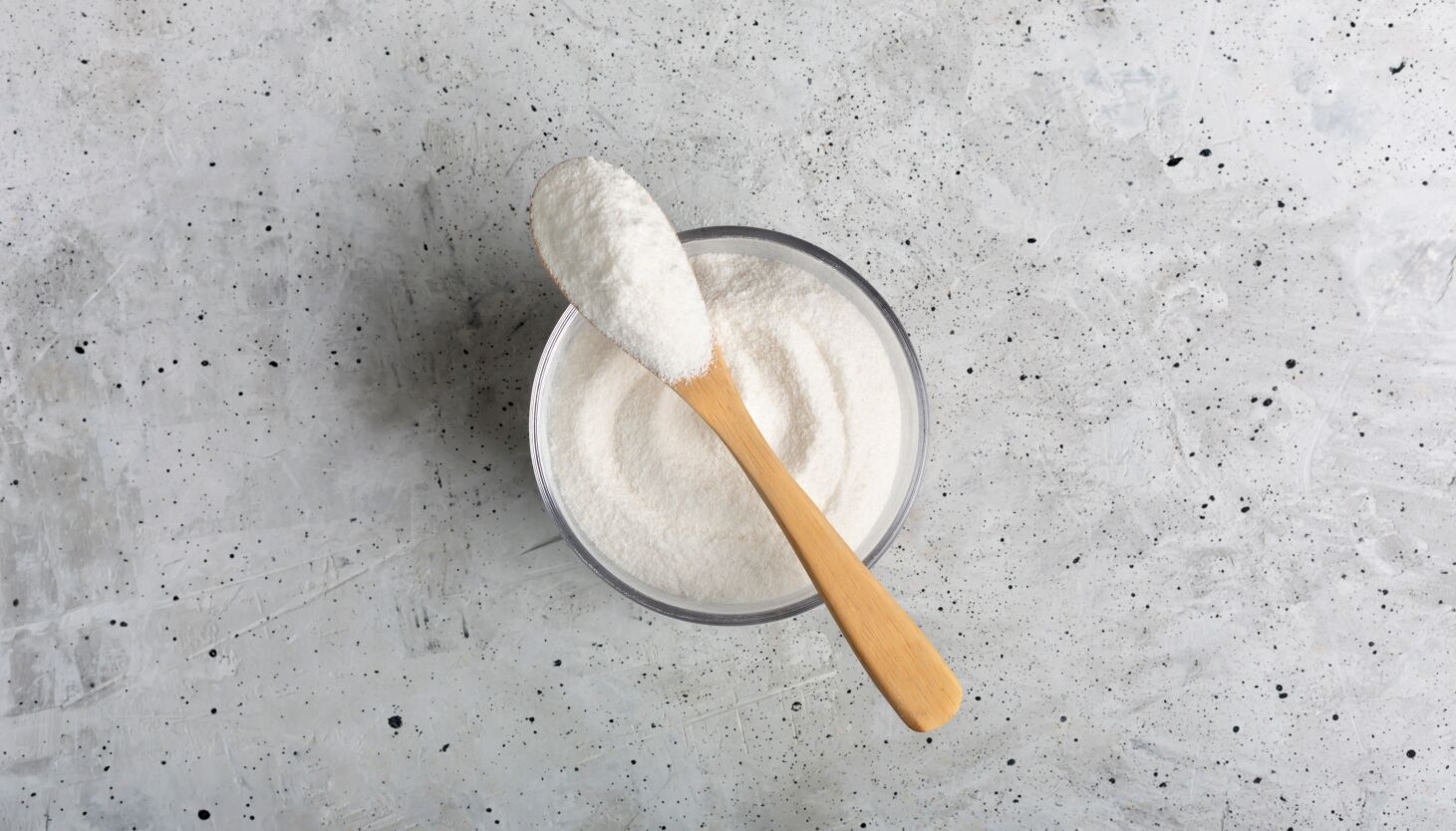Collagen has become so popular in influencer content on social media that the hashtag #collagen has over 4.4 billion views on TikTok.
With the promise of increasing hair and nail growth and skin repair, this protein encourages consumers to include it in their daily supplements. In the United States, sales of collagen products are forecast to reach $316 million in 2025, growing at a CAGR of 7% to 10% between 2023 and 2025, per Glenbia.
What exactly is collagen?
According to the Cleveland Clinic, collagen is a protein and makes up about 30 percent of your body’s protein.
Emphasizing that it is found almost everywhere in your body: Collagen is the main building block of your skin, muscles, bones, tendons and ligaments, and other connective tissues. It is also found in your organs, blood vessels, and the lining of your intestines.
According to Healthline, there are 28 different types of collagen, but there are four main types:
- Type 1: The most common and present in all connective tissue.
- Type 2: Inside our joints and shock absorbers like those that surround the spine and neck.
- Type 3: It is the main component of reticular fibers that are present in both skin and blood vessels.
- Type 4: Found in your ears, kidneys, and the lens of your eye.
What does collagen do to the body?
Collagen has gained popularity in the health trend due to its anti-aging benefits, and companies are trying to capitalize on this promise.
According to Harvard University, there are few studies and insufficient evidence to prove that collagen supplements and drinks actually promote healthy hair, nails, and skin.
Our body cannot fully absorb collagen. To enter the bloodstream, it must be broken down into peptides to be absorbed through the gut. … So far, no human studies have clearly proven that the collagen you take orally reaches your skin, hair, or nails.
It seems that when it comes to collagen, how beneficial it is depends on who you ask. According to Healthline, collagen has a long list of potential health benefits:
- Improve skin health.
- Relieve joint pain.
- Prevent bone loss.
- Increase muscle mass.
- Improve heart health.
Although these potential effects are promising, more research is needed before formal conclusions can be drawn, according to Healthline.
What happens to collagen production with age?
As you age, your body produces less collagen and loses it at a faster rate, and according to Verywell Health, your body can start to slow down as early as your mid-20s.
Additionally, signs of collagen loss include wrinkling of the skin due to loss of elasticity and joint stiffness. In addition, collagen is directly related to gut health, and less protein can cause ulcers and digestive problems.
While there is evidence to support the benefits of taking collagen supplements, it is important to consult with a healthcare professional before beginning any supplement regimen. They can provide recommendations tailored to your specific health needs and circumstances. It is also important to note that the effects of supplements can vary from person to person.
#collagen #popular #beauty #industry
Image Source : www.deseret.com

